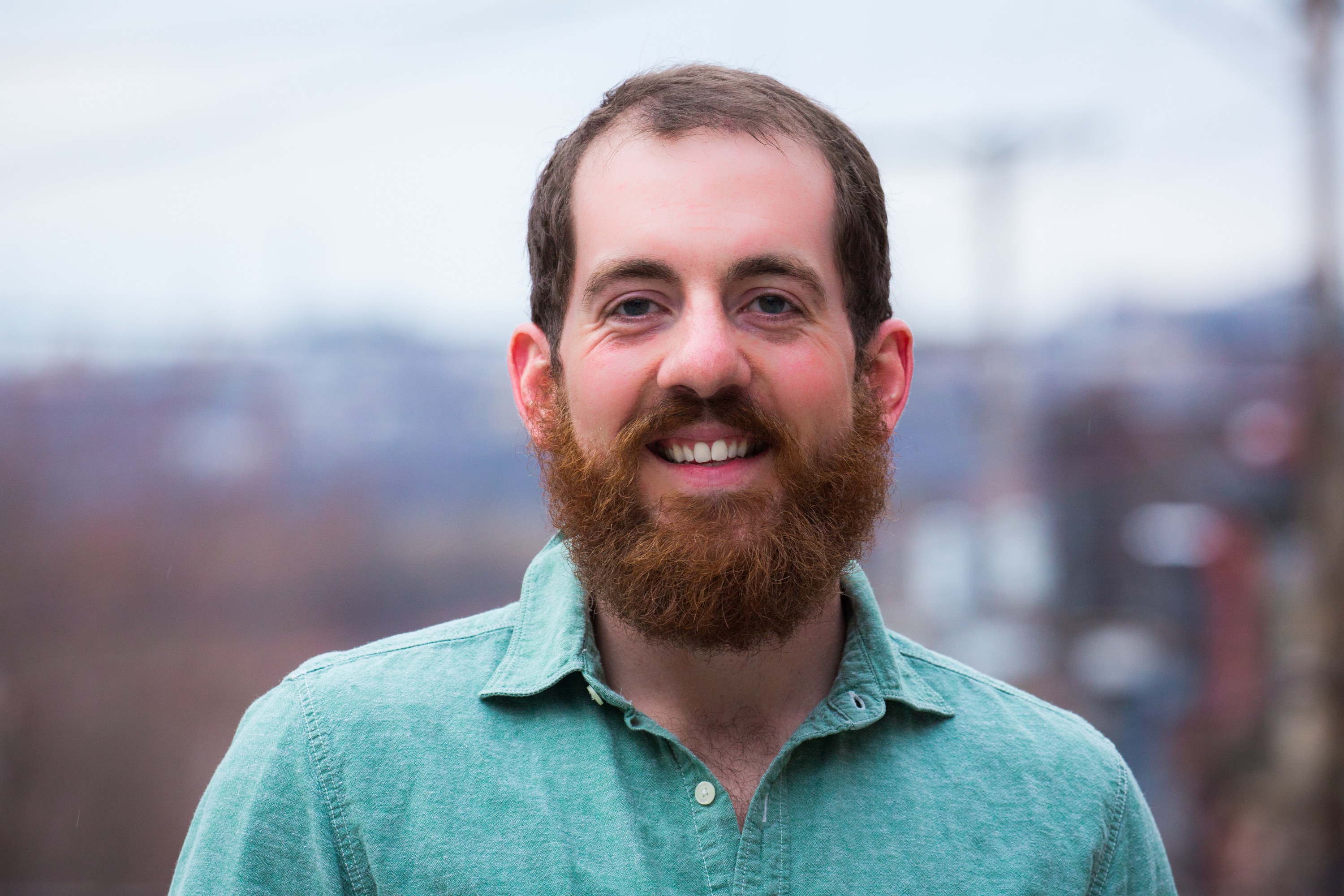Theatre management student works on study to help theatres, art centers and cultural organizations understand audience readiness to return
 When COVID-19 hit and the Maggie Allesee Department of Theatre and Dance canceled its remaining performance season, third-year theatre management student Benjamin Geibel came across an article in the Detroit Free Press reporting that Culture Source - a Detroit arts advocacy organization - had partnered with local arts consulting firm WolfBrown to launch a COVID-19 research study about audience readiness to return to arts and cultural programing. The study already had commitments from international partners in Australia and Norway, with Detroit being the first U.S. region to come aboard.
When COVID-19 hit and the Maggie Allesee Department of Theatre and Dance canceled its remaining performance season, third-year theatre management student Benjamin Geibel came across an article in the Detroit Free Press reporting that Culture Source - a Detroit arts advocacy organization - had partnered with local arts consulting firm WolfBrown to launch a COVID-19 research study about audience readiness to return to arts and cultural programing. The study already had commitments from international partners in Australia and Norway, with Detroit being the first U.S. region to come aboard.
The study - formally titled the Audience Outlook Monitor - was created to help theatres, museums, art centers and other cultural organizations understand their audience members' opinions about the pandemic.
"The data collected in the survey aids these organizations in their scenario planning, what options they might take for programming in the digital world and when audience members anticipate they will return to venues," explained Geibel.
Geilbel reached out to Alan Brown, co-founder and principle at WolfBrown, to offer his assistance on the project. After reviewing his credentials and completing a successful interview, Brown hired Geibel to be the research coordinator, leading six cohorts of study participants.
"Ben saw a chance to further his education and have a real impact on the global arts and he took it," said Thomas Karr, director of the department's theatre management and arts administration area. "I'm incredibly proud of his commitment to this project and am grateful to Culture Source and WolfBrown for welcoming him on board. Ben's participation in this research will result in incredible data that will shape how the arts navigate the pandemic and how they adjust their operating for years to come."
The study cohorts are from areas including Cincinnati, New Jersey, Minnesota, Canada, Pittsburgh and one orchestra-specific cohort. In total, Geibel has helped 96 arts and cultural organizations deploy the survey in their local region.
"Working on this project through the pandemic while finishing my M.F.A. in arts administration has been difficult," said Geibel. "Balancing the work for the study and classes has helped me be more organized with my time."
A challenge that Geibel has learned more about since working on the project is navigating effective ways to be a crisis communicator. Many arts organizations are concerned about making it through this moment in time and still being in business after the pandemic.
"This research has shown me that audience members will not feel comfortable attending productions or events in traditional theatre venues for quite some time," said Geibel. "I believe this is an opportunity for theatre artists to create new works of art that are more immersive in style."
Contact:
Da'Stanza Murphy, az2370@wayne.edu
CFPCA Information Officer